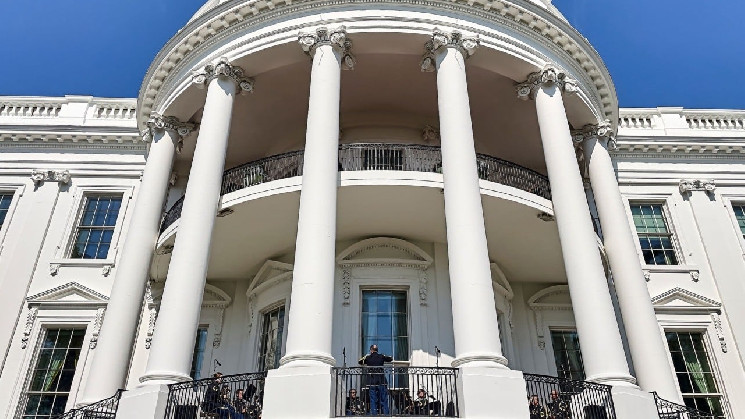Calling it a “big win for crypto,” the White House crypto czar cheered regulators’ decision to scrap debanking rules that stifled lawful digital asset innovation.
Crypto Scores Major Victory as FDIC Removes Reputational Risk Rule
Federal officials are shifting away from a controversial banking oversight tool after sustained criticism from lawmakers and the crypto industry. White House Crypto Czar David Sacks hailed a regulatory shift on March 25, highlighting that the Federal Deposit Insurance Corporation (FDIC) will no longer use “reputational risk” as a criterion in bank supervision.
The move aligns with guidance from the U.S. Office of the Comptroller of the Currency (OCC) and follows mounting pressure from policymakers and crypto advocates. Sacks took to social media platform X to express his support:
Big win for crypto: FDIC is following OCC’s lead in removing ‘reputational risk’ as a factor in bank supervision.
He explained that the concept had been manipulated to target digital asset firms: “‘Reputational risk’ may sound good in theory, but it was defined as ‘the potential that negative publicity regarding an institution’s business practices, whether true or not, will cause a decline in the customer base, costly litigation, or revenue reductions.'” He clarified: “In practice, this vague and subjective criteria was used to justify the debanking of lawful crypto businesses through Operation Chokepoint 2.0. Banking criteria should be objective and quantitative, not based on the potential for untrue stories.”
His remarks referenced Operation Chokepoint 2.0, a term used by crypto proponents to describe what they claim was a covert effort by regulators to limit banking access for cryptocurrency companies.
U.S. Senator Tim Scott introduced the Financial Integrity and Regulation Management (FIRM) Act earlier this month to prohibit the use of “reputational risk” in federal banking oversight. The bill aims to prevent regulators from using subjective criteria to influence banks’ decisions on serving legally operating businesses.
Republican members of the Senate Banking Committee announced on March 24 that the FDIC will eliminate reputational risk from bank supervision, stating on X: “The FDIC is going to eliminate the use of reputational risk as a component of bank supervision.” The committee said the move follows the advancement of the FIRM Act, which seeks to codify the policy across all federal financial regulators. Sacks thanked Senator Scott for championing the legislation, writing on X: “Thank you … for your leadership on this via the FIRM Act.”
On Friday, March 28, the FDIC announced that banks can now engage in legally permitted cryptocurrency activities without prior regulatory approval, provided they appropriately manage associated risks. This policy shift reverses the previous requirement for banks to obtain advance permission for any crypto-related activities.
 news.bitcoin.com
news.bitcoin.com
